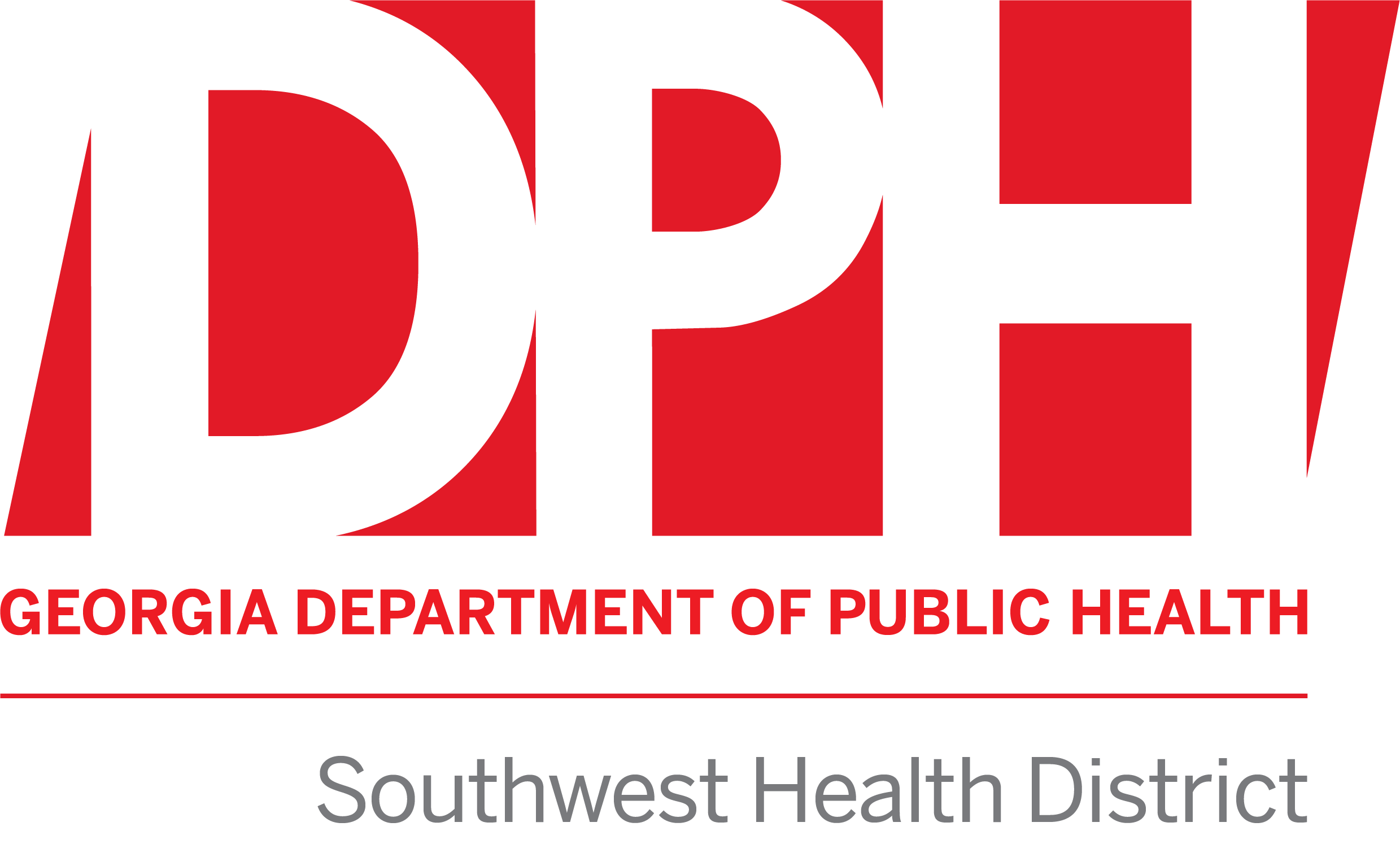Posted December 3, 2021
Fast Facts
- Illnesses: 14 (4 new)
- Hospitalizations: 4 (2 new)
- Deaths: 0
- States: 9 (2 new)
- Recall: No
- Investigation status: Active
Josie’s Organics Baby Spinach
- Sold at stores nationwide
- “Best by” date of October 23, 2021
- Sold in plastic clamshell containers
Minnesota officials found E. coli O157:H7 in a package of leftover Josie’s Organics baby spinach collected from a sick person’s home. Ten people in this outbreak reported eating spinach in the week before they got sick and six reported Josie’s Organics brand.
Investigators are working to determine if additional products may be contaminated.
What You Should Do
- Do not eat any contaminated spinach. Throw it away or return it to where you bought it.
- Wash items and surfaces that may have touched the contaminated spinach using hot soapy water or a dishwasher.
- Call your healthcare provider if you have any of these severe E. coli symptoms:
- Diarrhea and a fever higher than 102°F
- Diarrhea for more than 3 days that is not improving
- Bloody diarrhea
- So much vomiting that you cannot keep liquids down
- Signs of dehydration, such as:
- Not peeing much
- Dry mouth and throat
- Feeling dizzy when standing up
What Businesses Should Do
- Do not sell or serve contaminated spinach.
- Wash and sanitize items and surfaces that may have come in contact with contaminated spinach.
Symptoms of E. coli
- Most people infected with Shiga toxin-producing E. coli experience severe stomach cramps, diarrhea (often bloody), and vomiting.
- Symptoms usually start 3 to 4 days after swallowing the bacteria.
- Most people recover without treatment after 5 to 7 days.
- Some people may develop a type of kidney failure (hemolytic uremic syndrome, also called HUS) and would need to be hospitalized.
- For more information about E. coli, see the E. coli Questions and Answers page.
